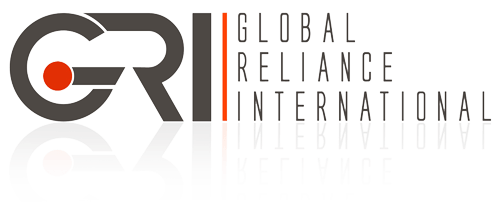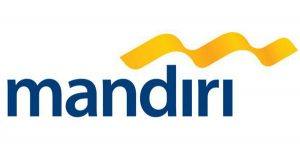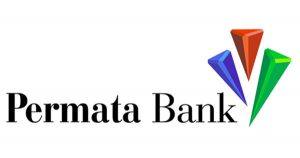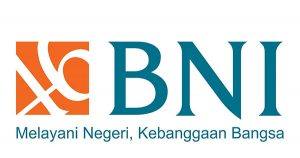All GFSI (Global Food Safety Initiative) and retailer food safety standards have high-level expectations and prescriptive requirements for allergens. However, these are often limited to the direct operations of the manufacturing facility and do not necessarily include allergen risks in other sectors of the food supply chain. There is little gain to be had if manufacturers have rigorous controls in place to prevent contamination through equipment and production processes, if a raw material containing an unexpected allergen is then received and used.
Undeclared allergens in manufactured foods or raw materials can potentially have global impacts due to high volumes and wide distribution networks. Food services face the same risks, but will typically have a more localized impact. The current challenges stem from our increasingly complex food supply chains and changing eating habits. This is coupled with a reliance on accurate labelling to communicate allergen risk to susceptible people or communities.
Food manufacturing facilities typically handle multiple allergens that need to be managed from receival, right through to storage, processing, packing, labelling and distribution. Direct allergen contamination can be caused by:
• Poor management of systems, lack of process controls and ineffective implementation in production areas that require physical or time segregation between allergens and non-allergens.
• Poor equipment design and inadequate cleaning procedures that may allow production residues to remain and contaminate subsequent production runs.
• Introduction of new allergens through product development trials and non-production areas such as staff canteens and vending machines.




